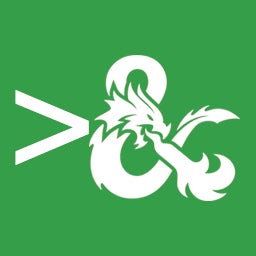Does Southlander sound like Texan, Cajun, or Alabaman?
Neither. It sounds like Arabic because The Southlands are, of course, based on the middle east
I thought logic would indicate a place based on the Middle East would have a Swedish accent.
The most common language in the setting is called “Rare”
In my experience, the most common language in the setting might not be rare, but the most common setting among PCs would definitely be.
This is one of the reasons I liked the fact that Pathfinder had its common language be the language of one of the countries, Taldor. Common is just Taldane.
Makes sense if there’s one nation that dominates economically and/or diplomatically. Like English today, IRL.
Though, if one group does not have such a strong influence, you’d probably end up with something like the “Lingua Franca,” a mix of multiple languages spoken by the most relevant nations (IRL, in Renaissance Western Europe that was a mix of Italian, Greek, Arabic, Turkish, etc.)
So Common may not be a proper language at all, but instead be a creole/pidgin of all the other big ones. So characters hearing a language they do not speak might still catch words here and there allowing them to decipher the gist of what was said. Also, Common would most likely be spoken in more metropolitan areas. A backwoods farming town may only really speak their native tongue, save for the mayor or merchants.
Fun fact! Esperanto didn’t originally have a name. The Esperanto name comes from what Zamenhof called himself, meaning “The One Who Hopes”.


